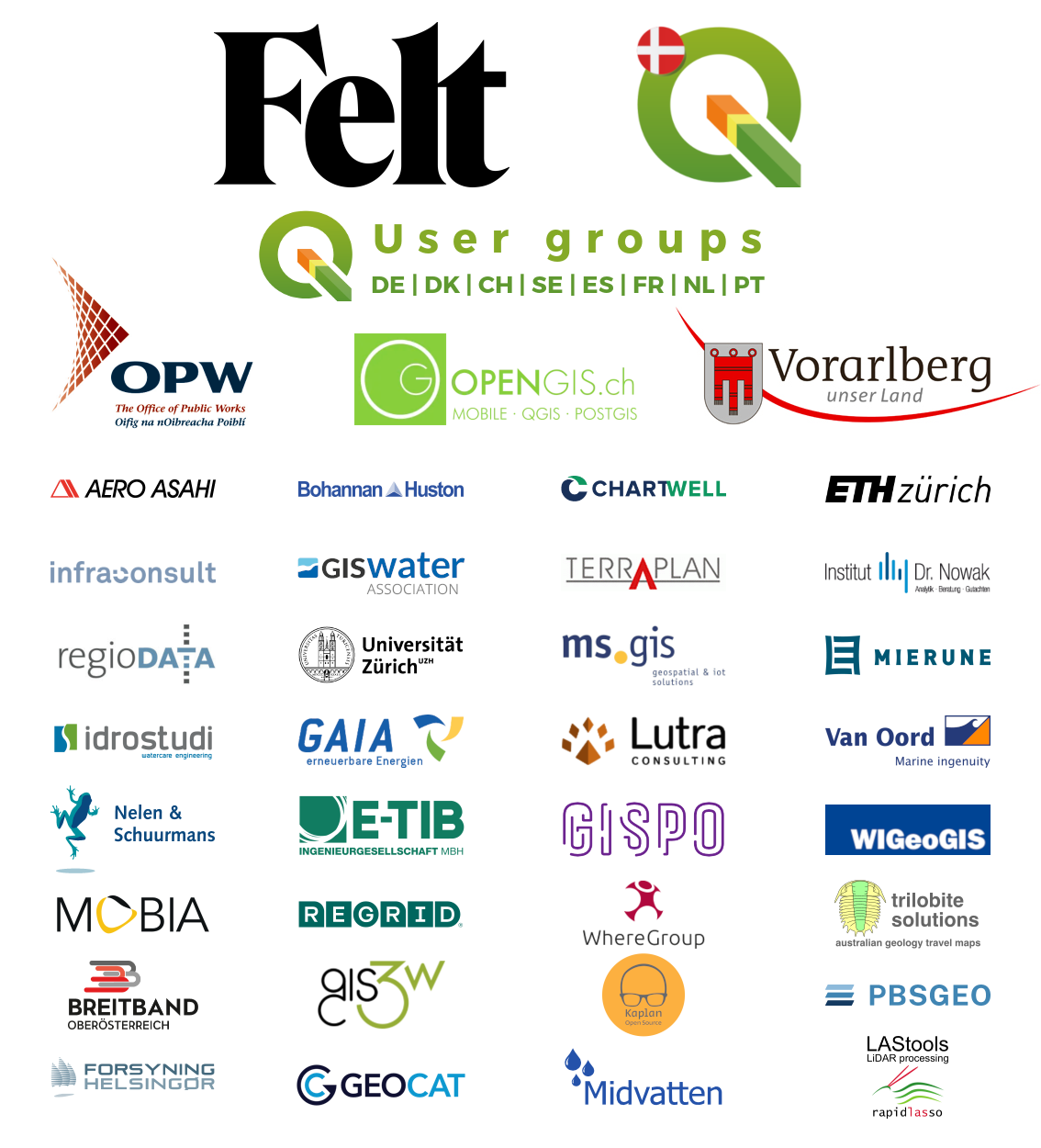extending RedCloth markup
There are various approaches when trying to extend the Textile markup that RedCloth understands with own tags or syntax. Some approaches documented on the net have changed or don’t work any more, since RedCloth has been rewritten in Version 4.
Below is a fairly robust aproach, that is based on the assumption, that RedCloth leaves HTML tags inside the markup untouched and passes them on to the application consuming the translated markup.
The below code has been used in the Madek project. Madek, a Ruby On Rails application, uses irwi which provides a Wiki to Madek. And finally irwi uses RedCloth to do the rendering from Textile to HTML. That’s where we hook in.
We want to have a few special tags, which make the life of the Madek Wiki admin simpler, by letting him write the following inside the Textile markup:
[media=210 | Das Huhn]
[screenshot=210 | Das Huhn]
[video=210 | Das Huhn]
That will finally produce this HTML output:
<a href="/media_entries/210">Das Huhn</a>
<img src="/media_entries/210/image" title="Das Huhn"/>
<video src="/media_entries/210/image" title="Das Huhn"/>
<a href='/media_entries/210'>(see video)</a>
</video>
Here’s the implementation:
class RedClothMadek
ActionView::Base.sanitized_allowed_tags << 'video'
def initialize
require 'redcloth'
end
def format( text )
::RedCloth.new( replace_madek_tags(text) ).to_html
end
# Transforms the follwing Textile markups:
#
# [media=210 | Das Huhn] -> <a href="/media_entries/210">Das Huhn</a>
# [screenshot=210 | Das Huhn] -> <img src="/media_entries/210/image" title="Das Huhn"/>
# [video=210 | Das Huhn] -> <video src="/media_entries/210/image" title="Das Huhn"/>
# <a href='/media_entries/210'>(see video)</a>
# </video>
#
def replace_madek_tags( text )
# unfortunately having multiple matches in gsub doesn't seem to work, therefore
# we fall back to $1 $2
#
text.gsub(/[\s*media\s*=\s*(\d+)\s*\|\s*([^]]+)\s*]/) { |number,txt|
"<a href='/media_entries/#{$1}'>#{h($2)}</a>" }.
gsub(/[\s*screenshot\s*=\s*(\d+)\s*\|\s*([^]]+)\s*]/) { |number,title|
"<img src='/media_entries/#{$1}/image' title='#{h($2)}'/>" }.
gsub(/[\s*video\s*=\s*(\d+)\s*\|\s*([^]]+)\s*]/) { |number,title|
"<video src='/media_entries/#{$1}/image' title='#{h($2)}'>" +
"<a href='/media_entries/#{$1}'>(see Wideo)</a>" +
"</video>" }
end
end
And finally, irwi needs to be told to use that formatter instead of RedCloth directly. From config/environment.rb:
require "#{Rails.root}/lib/red_cloth_madek.rb"
Irwi.config.formatter = RedClothMadek.new
Tomáš Pospíšek







